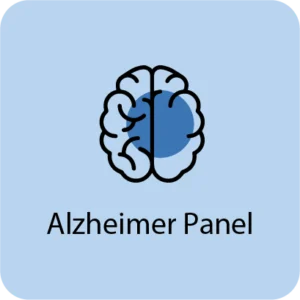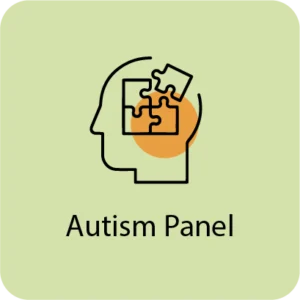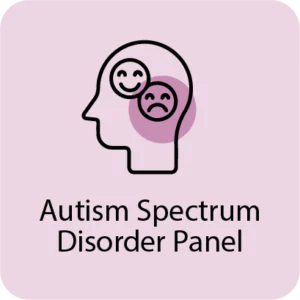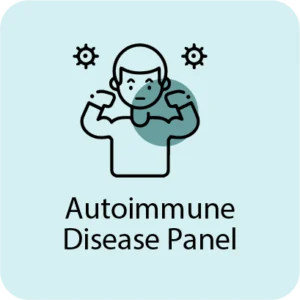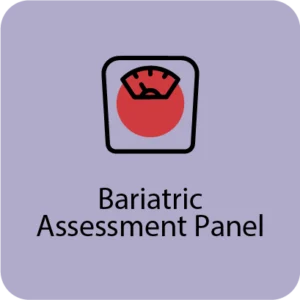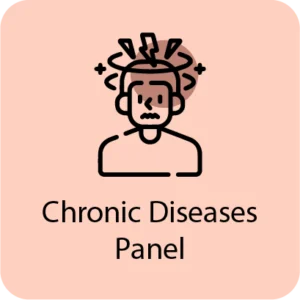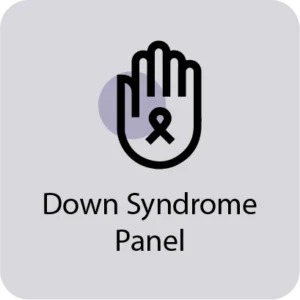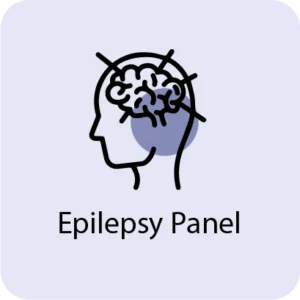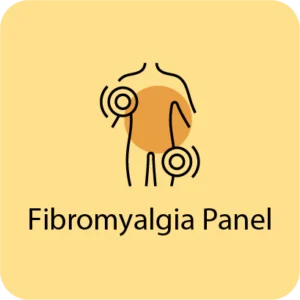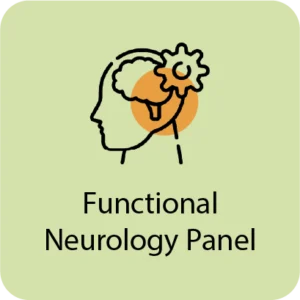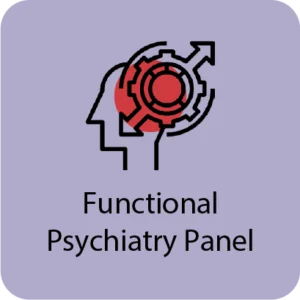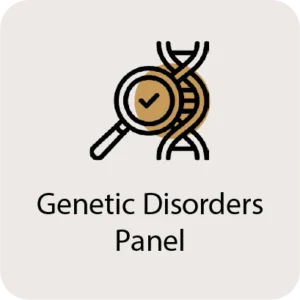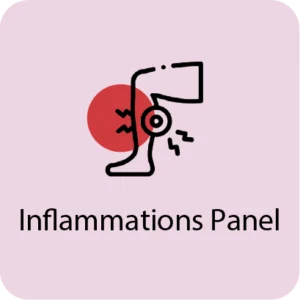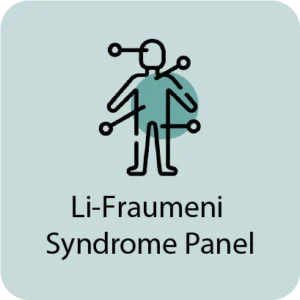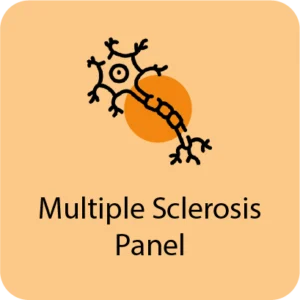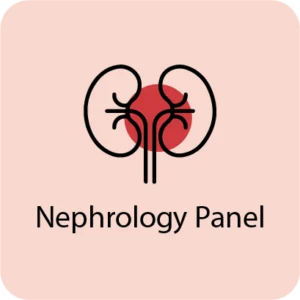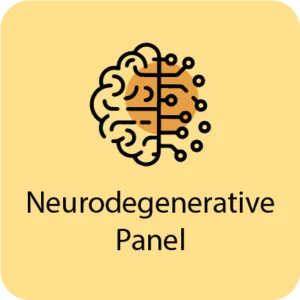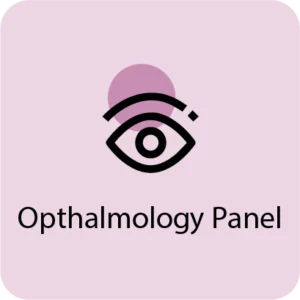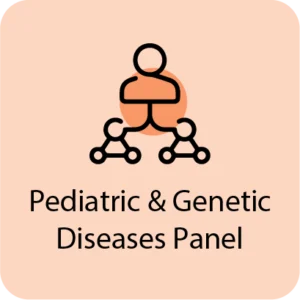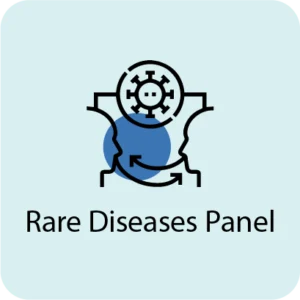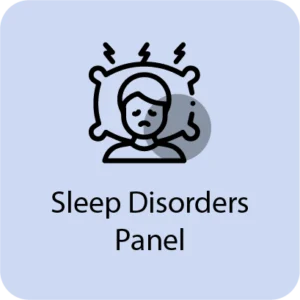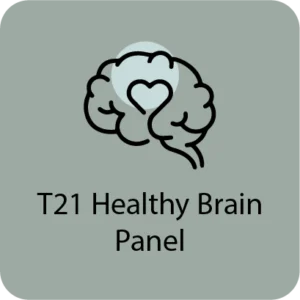Epilepsy
Epilepsy is a neurological disorder characterized by recurrent seizures. They are sudden and unpredictable bursts of electrical activity in the brain. Such seizures can manifest in various forms, which shall range from brief periods of unconsciousness or staring spells to convulsions and loss of awareness.
Epilepsy condition shall affect people of all ages. It shall also impact widely from person to person.
Causes of Epilepsy:
Epilepsy can have various causes, like:
- Genetic factors: Some forms of epilepsy might have a genetic basis. It means running in families and is passed down through generations.
- Brain injury or trauma: Head injuries, strokes, brain tumors, infections, and other brain conditions can damage brain tissue and increase the risk of epilepsy.
- Developmental disorders: Conditions like autism spectrum disorder and neurodevelopmental disorders may be associated with an increased risk of epilepsy.
- Infections: Certain infections, like meningitis, encephalitis, and brain abscesses, can lead to cause inflammation in the brain and trigger seizures.
- Prenatal factors: Exposure to toxins, infections, or maternal substance abuse during pregnancy can increase the risk of epilepsy in the child.
Symptoms of Epilepsy:
The symptoms of epilepsy shall vary as per the type of seizure and the area of the brain affected. Common symptoms include:
- Convulsive seizures: These seizures involve muscle jerking, stiffness, or convulsions, often accompanied by loss of consciousness and involuntary movements.
- Absence seizures: Also known as petit mal seizures. This involves brief episodes of staring blankly into space, with or without subtle body movements.
- Focal seizures: These also called partial seizures, originate in a specific area of the brain and may cause unusual sensations, movements, or emotions. It shall depend on the part of the brain affected.
- Auras: Some people with epilepsy experience auras, which are warning signs or sensations that precede a seizure. Like tingling, deja vu, or a strange taste or smell.
Management of Epilepsy with LifeCode Healthcare:
LifeCode offers comprehensive management, testing, and solutions for individuals living with epilepsy.
- Diagnosis and Testing: While providing advanced diagnostic testing, like electroencephalography (EEG), magnetic resonance imaging (MRI), and genetic testing. This shall accurately diagnose epilepsy and identify the underlying causes and seizure triggers.
- Medication Management: Personalized plans to help control seizures and minimize their frequency, severity, and impact on daily life. The professionals here work closely with individuals to find the most effective medications with the fewest side effects.
- Seizure Monitoring and Tracking: While utilizing seizure diaries, wearable devices, and telemedicine platforms to monitor and track seizure activity. It helps individuals and their healthcare providers better understand seizure patterns, triggers, and treatment responses.
- Lifestyle Modifications: Guide lifestyle modifications, like stress management techniques, sleep hygiene practices, and dietary adjustments. It all helps to reduce seizure triggers and improve overall health and well-being.
- Surgical Evaluation and Intervention: For individuals with refractory epilepsy (seizures that might not respond to medication). It offers surgical evaluation and intervention options, including epilepsy surgery, vagus nerve stimulation (VNS), and responsive neurostimulation (RNS). This helps in lowering seizure frequency and improving quality of life.
- Support Services: Comprehensive support services, like counseling, epilepsy education, support groups, and community resources. It helps in empowering individuals and their families to cope with the challenges. For living with epilepsy and optimizing their quality of life.
Epilepsy-like condition is a complex neurological disorder that needs specialized care and management to control seizures. It helps in improving quality of life and minimizing long-term complications. LifeCode is dedicated to providing comprehensive management, testing, and solutions for individuals living with epilepsy, offering personalized care, advanced diagnostics, and innovative treatments to meet the unique needs of each individual.
If you or a loved one are affected by epilepsy, please don’t hesitate to contact us. Together, we can work towards better seizure control, improved quality of life, and a brighter future for individuals living with epilepsy.
| Categories | Conditions Observed |
|---|---|
| Content Yet to Receive | Content Yet to Receive |
What causes epilepsy?
Epilepsy can have various causes, including genetic factors, brain injuries, infections, developmental disorders, brain tumors, stroke, and other neurological conditions. In many cases, the underlying cause may not be identified.
How can genetic testing benefit individuals with epilepsy?
Genetic testing can provide valuable insights into the underlying genetic factors contributing to epilepsy, including specific gene mutations or variations associated with the condition. This information can help guide treatment decisions, predict prognosis, and inform family planning.
Who should consider undergoing an epilepsy genetic testing panel?
Individuals with epilepsy, especially those with early-onset or treatment-resistant seizures, a family history of epilepsy, or other neurological conditions. This may consider genetic testing to identify underlying genetic factors and inform medical management.
What are the potential benefits of obtaining an epilepsy genetic testing panel?
The benefits of obtaining an epilepsy genetic testing panel include improved diagnosis and classification of epilepsy syndromes, personalized treatment recommendations, prognostic information, better seizure control, and enhanced understanding. This goes well as per the underlying genetic mechanisms of the condition.
What are the limitations or ethical considerations associated with genetic testing for epilepsy?
Limitations and ethical considerations may include the potential for genetic discrimination, privacy concerns related to genetic information, the interpretation of genetic test results. Those impact of genetic information, and the need for informed consent and genetic counseling to ensure understanding and autonomy.



